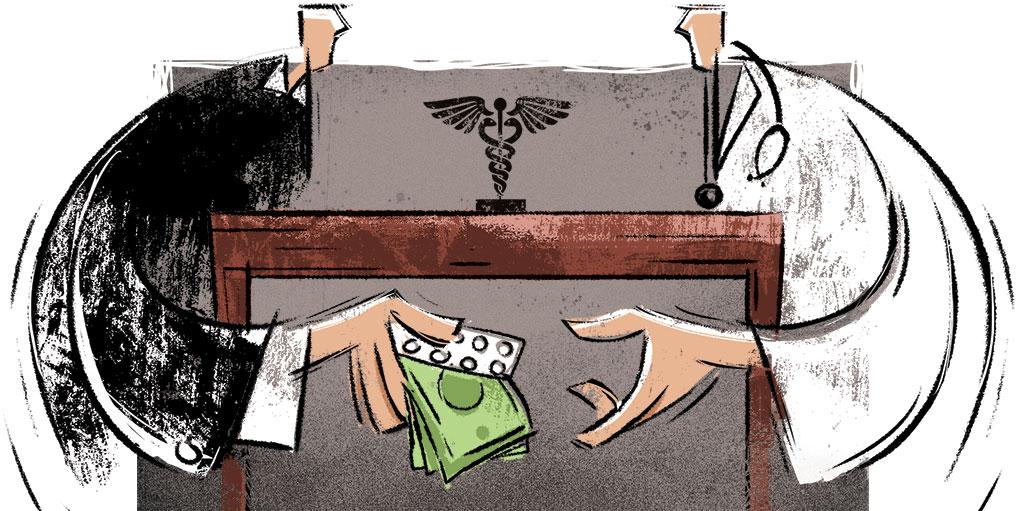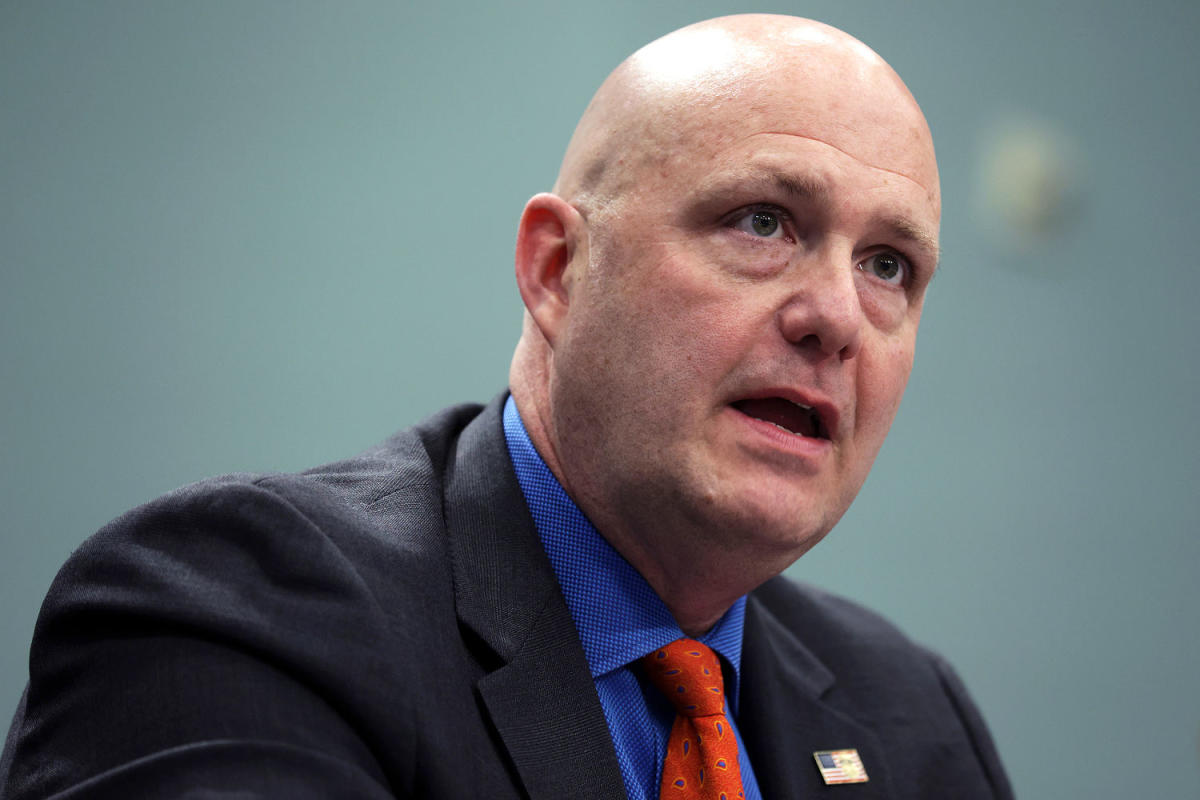Relationship Between Doctors and Pharma Companies: A Growing Concern for Patient Safety
In the modern healthcare system, a concerning trend has emerged that involves the relationship between doctors and pharmaceutical companies. Pharmaceutical companies often offer gifts, travel opportunities, and other incentives to healthcare professionals in exchange for prescribing their medications. While this may seem like a harmless marketing tactic, it has raised serious ethical concerns, especially when it results in patients being prescribed expensive and sometimes unnecessary medications.
The Influence of Pharmaceutical Companies on Doctors
Pharmaceutical companies have long relied on various methods to promote their drugs. One of the most common strategies involves offering doctors perks like branded gifts, paid conferences, free samples, and even sponsored trips to exotic locations. These incentives are intended to encourage doctors to prescribe specific drugs, often from the company’s portfolio, regardless of whether the medications are the most suitable for the patient.
While many doctors adhere to ethical practices and prioritize patient welfare, the subtle influence of these incentives can distort their decision-making. In some cases, doctors may prescribe newer or more expensive drugs, even when older, more affordable medications could be equally effective.
The Impact on Patients and Healthcare Costs
The consequences of this relationship between doctors and pharmaceutical companies can be far-reaching. Patients are often prescribed drugs that they do not need, which can result in unnecessary medical costs, side effects, and in some cases, even harm. When doctors are influenced to prescribe high-cost medications over generic or lower-priced alternatives, it can place a financial burden on patients and the healthcare system.
Additionally, this practice can also undermine trust in the medical profession. Patients may begin to question whether their doctors are making decisions based on their health needs or based on external incentives. The risk is not only financial but also psychological, as patients may feel misled or exploited.
The Role of Ethics in Medical Prescribing
Ethical concerns around the relationship between doctors and pharmaceutical companies have led to growing calls for greater transparency and regulation. Medical associations worldwide have begun to adopt stricter guidelines to ensure that physicians are not unduly influenced by pharmaceutical marketing tactics. Some healthcare institutions have even banned or strictly regulated such gifts and incentives to curb the potential conflict of interest.
Ultimately, the integrity of the medical profession rests on the idea that doctors prioritize the health and well-being of their patients above all else. When external incentives interfere with this core principle, the consequences can be damaging to both patients and the healthcare system as a whole.
Conclusion
The relationship between doctors and pharmaceutical companies is a complex issue that raises important ethical concerns about patient care. While the incentives offered by pharmaceutical companies may appear harmless, they can lead to the prescription of unnecessary, expensive medications that harm patients and drive up healthcare costs. It is essential for the medical community to address these conflicts of interest and restore the trust and integrity that should define healthcare.
Stay informed about the influences that shape your medical care, and always seek a second opinion if you feel uncertain about prescribed treatments.







Leave a Reply